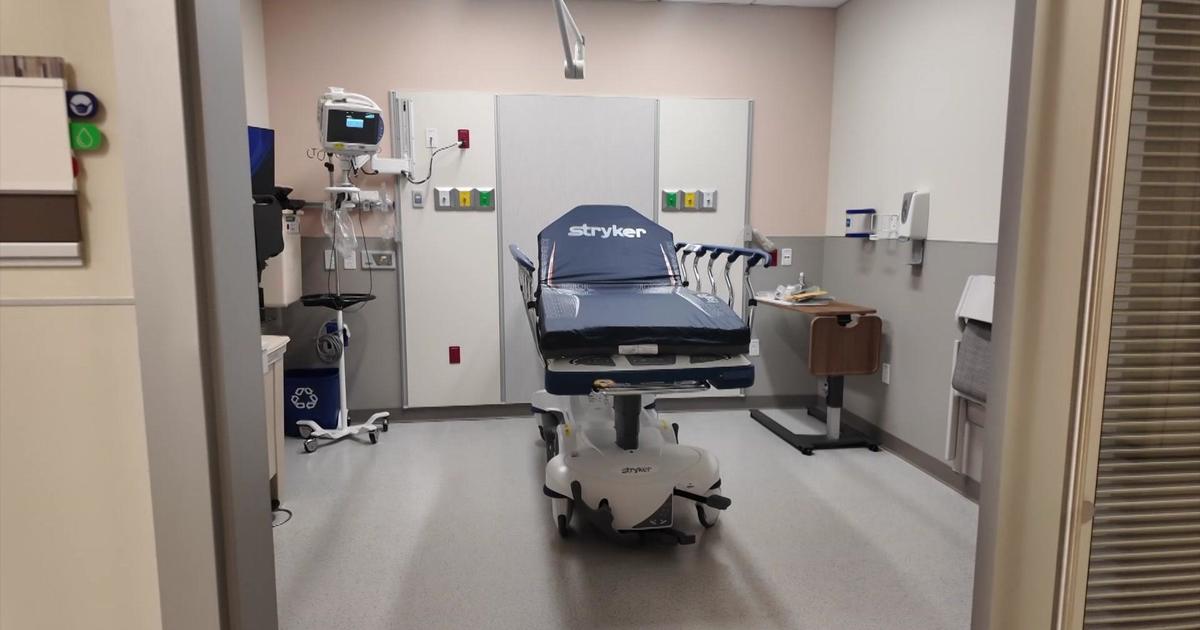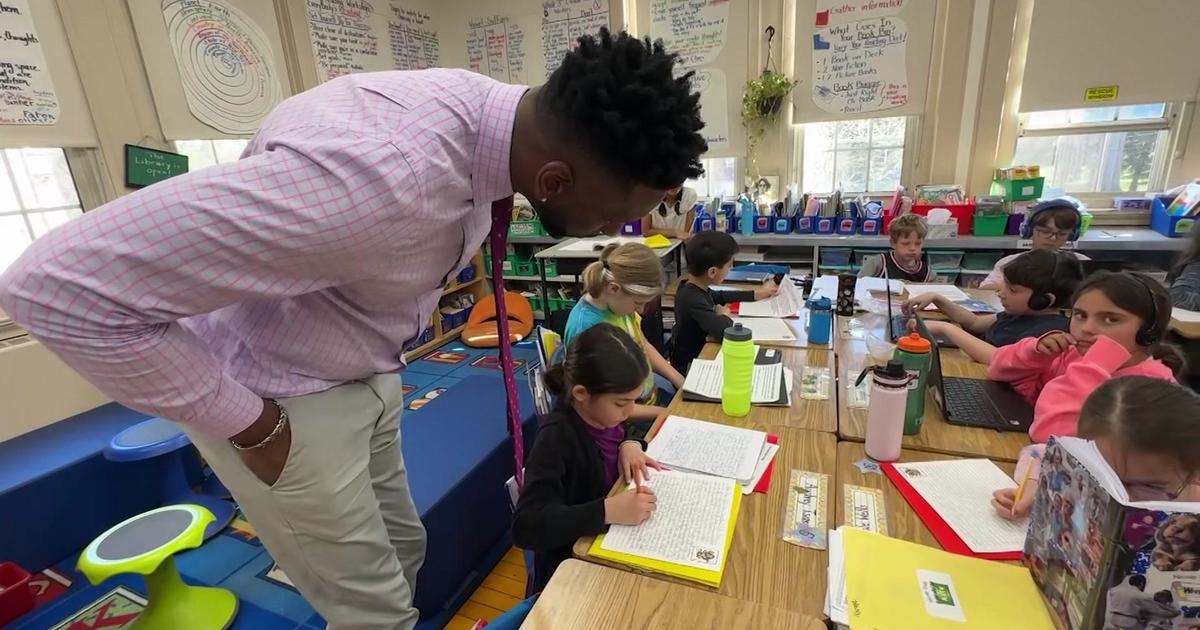Hofstra Research Could Lead To New Autism Treatments
HEMPSTEAD, N.Y. (CBSNewYork) -- Families living with autism are hopeful new evidence revealed by scientists at Hofstra University will lead to life-changing treatments.
As CBS2's Jennifer McLogan reported, a group of parents of autistic children gather for lunch regularly at a Westbury, Long Island, diner to lend one another emotional support.
"Every parent that has a child with autism goes to sleep every night worrying, 'What's going to happen when I am no longer here to take care of my child?'" said Evelyn Ain.
Like other autistic children, Ain's 15-year-old son, Matthew, responds differently to social cues, facial expressions and other nonverbal communication.
Matthew must work harder to evaluate the emotion behind an expression, and that makes interaction with the outside world tough.
Now new evidence may explain why.
Hofstra University Professor Keith Shafritz and a team of medical scientists found a pointed difference in the way blood flows to specific brain regions, between those with and without autism.
"This research is so exciting because we identified two areas of the brain that aren't working efficiently or correctly in autism, and we hope to be able to target future treatments to those areas," Shafritz said.
MRI results show that when viewing a happy face, a shrug or a fearful face, those with autism are not motivated one way or the other to seek appropriate social interaction.
"If kids with autism understand that a happy, smiling face means that the other person wants to hear more or interact with you more, we can create those therapy programs that will truly help kids with autism," Shafritz said.
Hofstra Research Could Lead To New Autism Treatments
"Medication therapies or behavioral therapies that specifically modify the way those brain areas work," Shafritz told WCBS 880's Long Island Bureau Chief Mike Xirinachs.
With such tantalizing research, parents said they are lobbying for nationwide federally funded studies examining both environmental and genetic causes.
"We want to see at least a hundred thousand participants in a study, and study their families," Ain said.
The number of children diagnosed with autism has been increasingly dramatically. There is no known cure.



